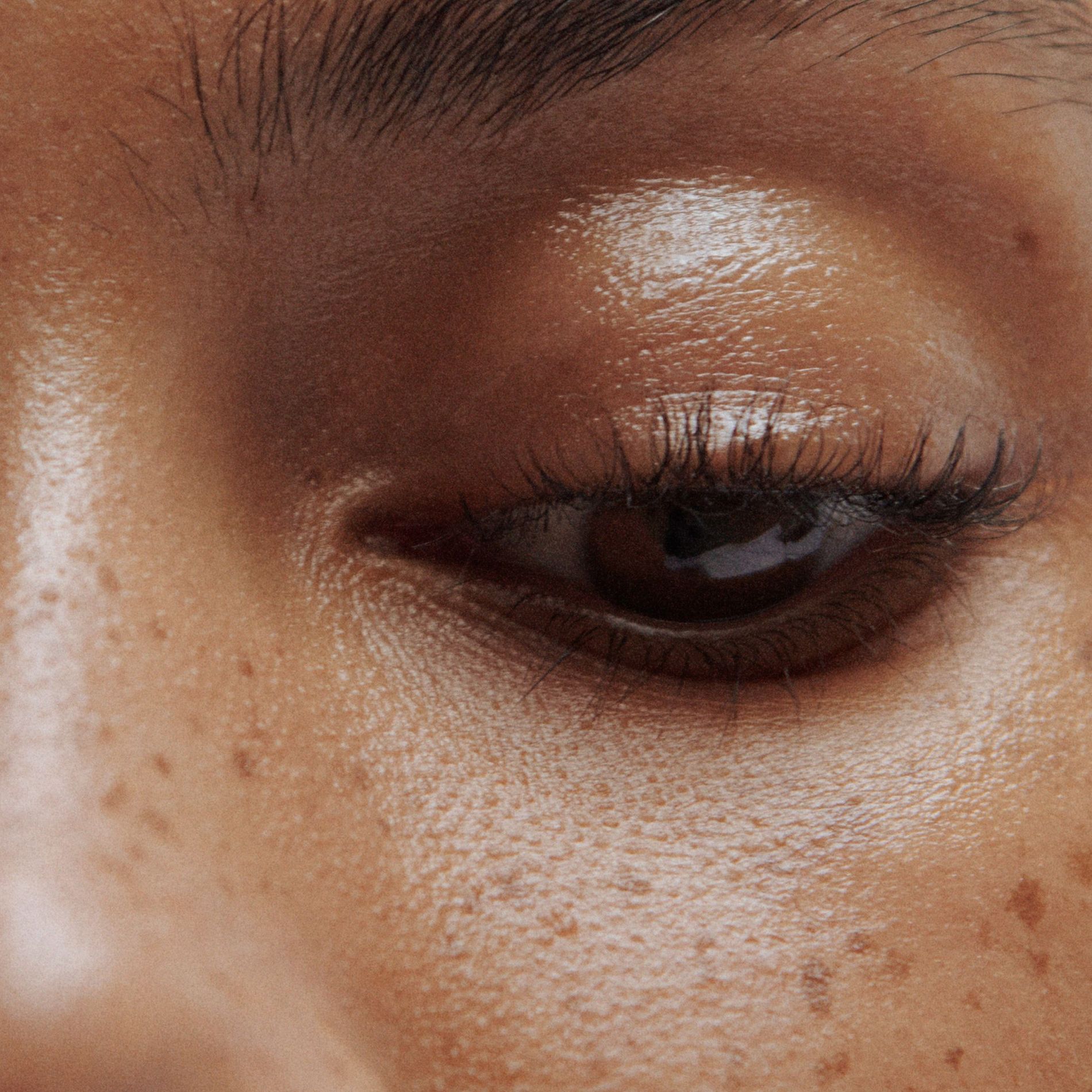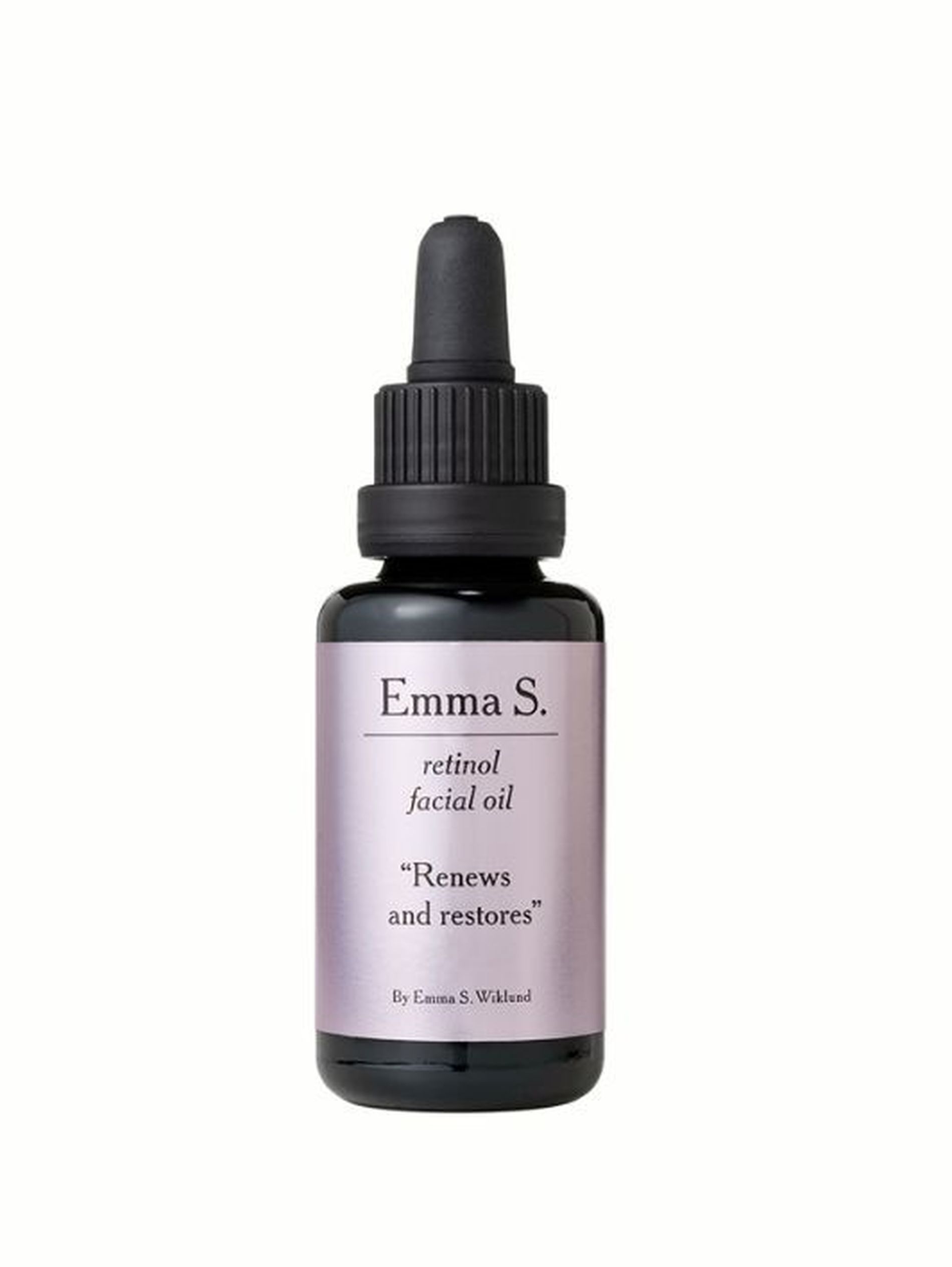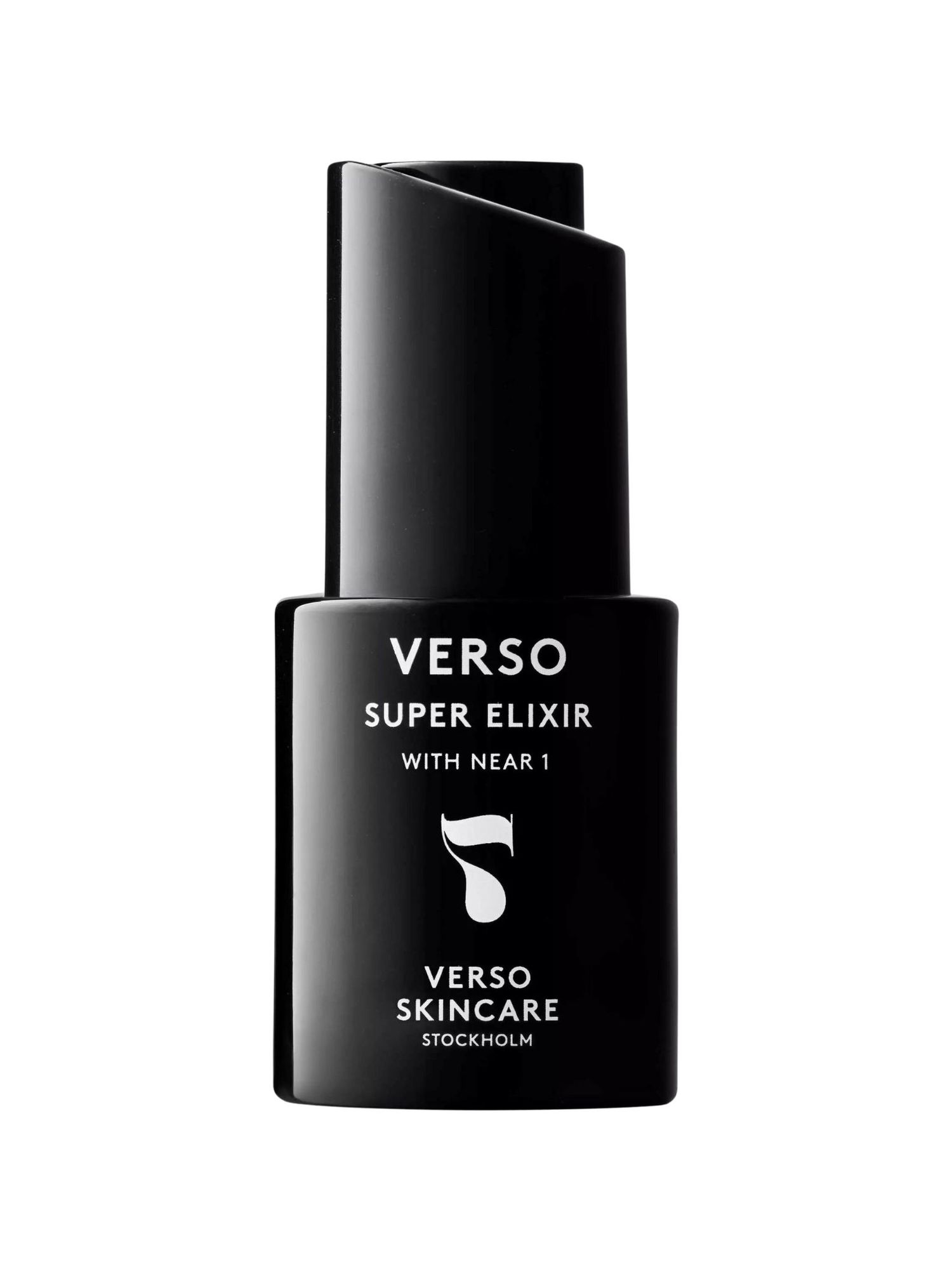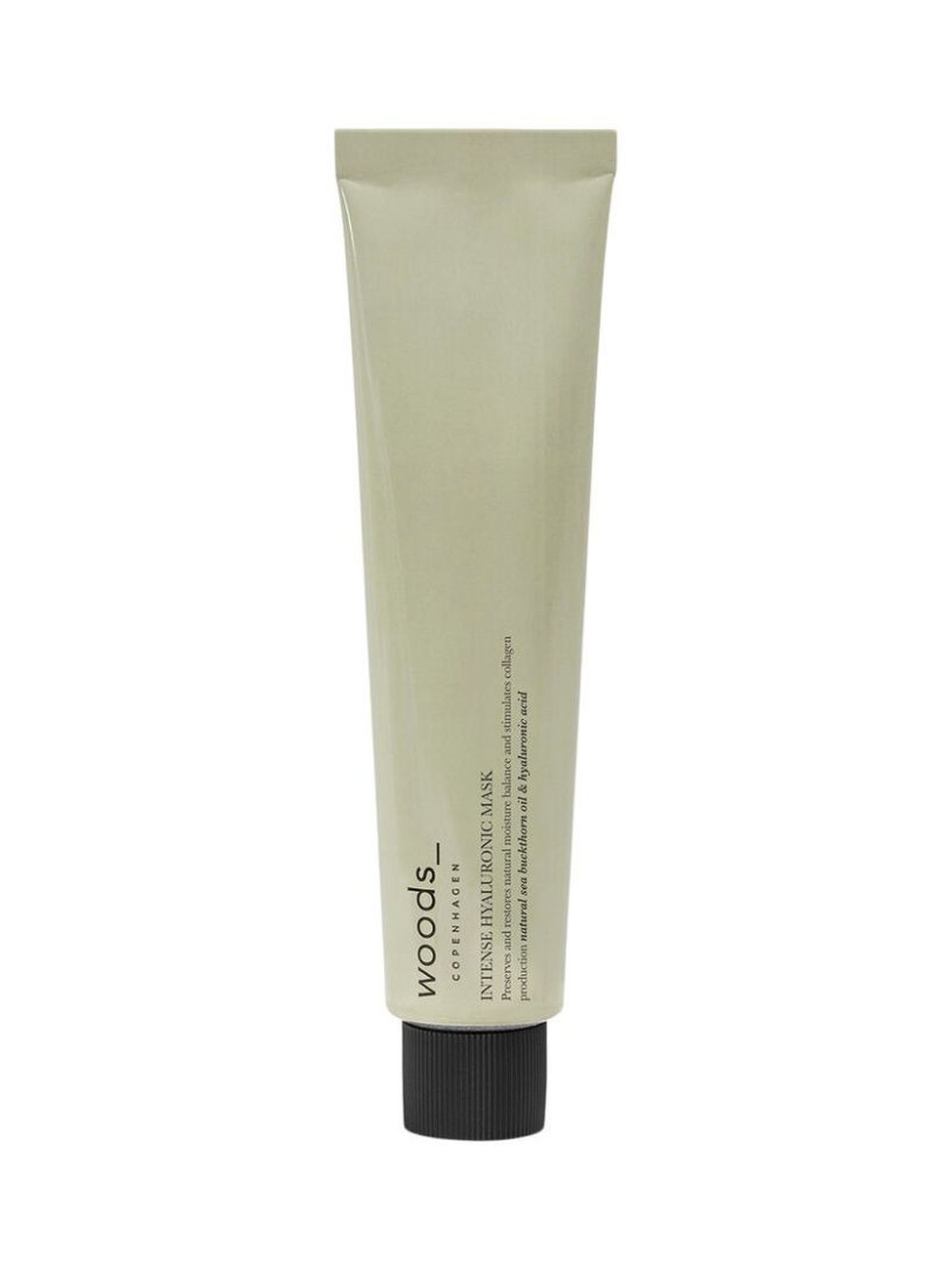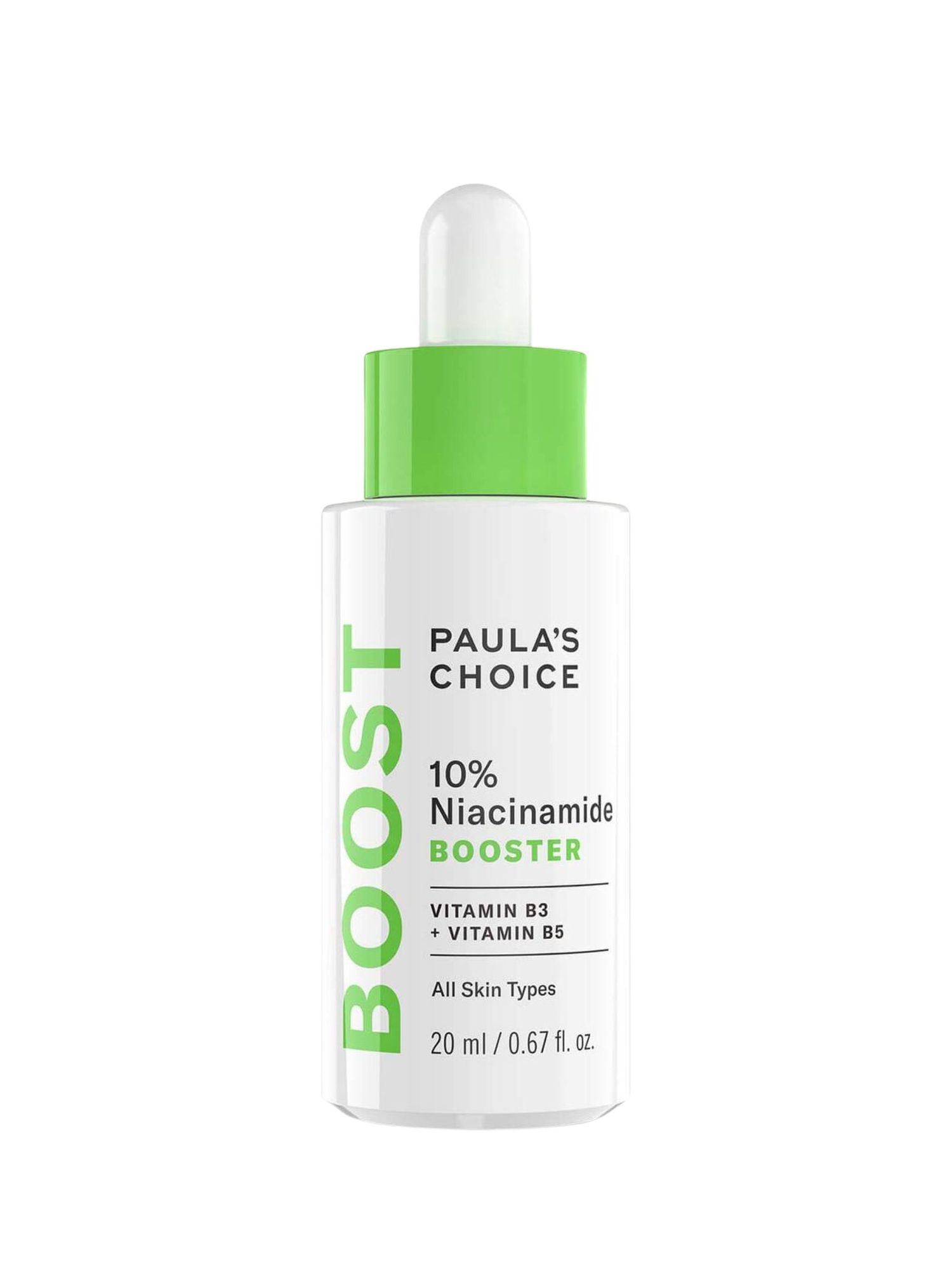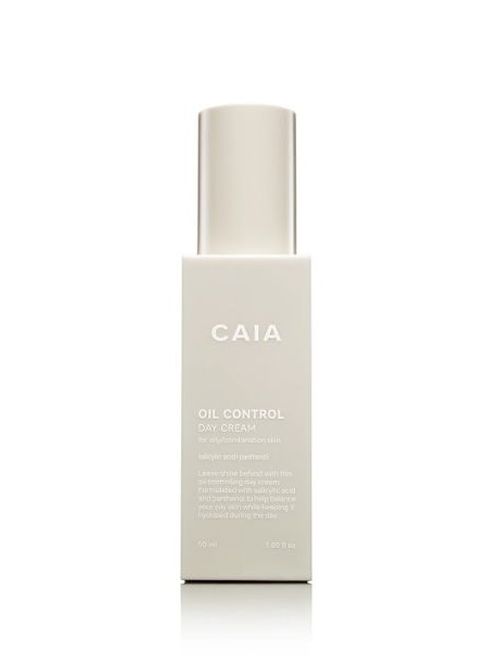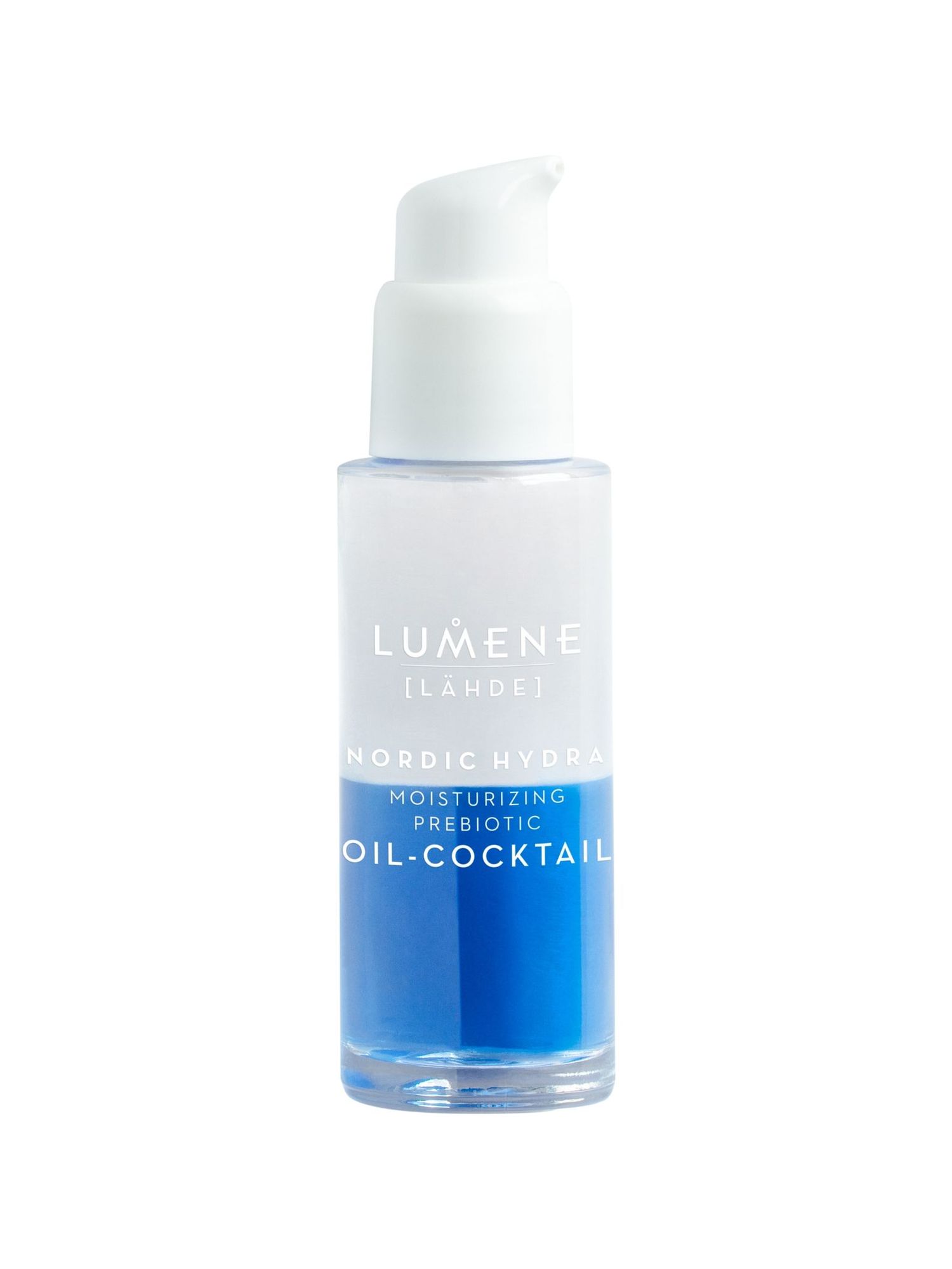Retinol is hailed by skincare aficionados as one of the most effective ingredients on the planet, but using it correctly is no mean feat. We enlisted the advice of a dermatologist and aesthetic doctor to help us navigate this Cinderella-product
All products featured on Vogue are independently selected by our editors. However, when you buy something through our retail links, we may earn an affiliate commission.
Ask any dermatologist for the skincare ingredient that delivers nearly ever time and they will inevitably namecheck retinol.
What is retinol? Put simply, it is a form of vitamin A that was popularised in the ‘80s. Since then, retinol has been scientifically proven in multiple studies to bring fresh cells to the skin’s surface faster and ramp up collagen production – all of which, means it banishes wrinkles and hyperpigmentation while imparting a baby-faced glow.
But there is a catch; Its exfoliating properties are retinol’s biggest pro and biggest con. In the process of speeding up the production of new cells it causes the top layer of skin to shed, and in doing so, it reveals brighter, more youthful skin – but only when you’ve pushed through a period of dryness, redness, flaking and irritation.
So it’s crucial to avoid these common mistakes in order to mitigate retinol's gnarlier side effects and reap the benefits of an ingredient that is hailed as the ultimate insurance policy against ageing.
You are using the wrong type of vitamin A product for your skin type
Not all retinol is created equal; formulations, ingredients and strengths vary from product to product.
“A product that is too potent for your skin is likely to cause unnecessary side effects including skin redness, irritation, soreness, peeling and dryness,” says Swedish-born aesthetic doctor Dr Ana Mansouri. “Depending on the severity these types of symptoms may even cause permanent pigmentation problems in susceptible individuals.”
That said, there is no difference between retinoids and retinols. This can be a source of confusion, says Dr Mansouri, adding, “Vitamin A products are often referred to as retinoids as this is an umbrella term for this family of products.”
The different types of retinoids include retinol esters (retinyl palmitate falls into this category) which are the most gentle, followed by hydroxypinacolone retinoate (try Emma S. Facial Oil). “Retinol and retinal have an intermediate strength,” says Dr Mansouri, "while retinoic acid has the most aggressive strength, which is why it is prescription only.”
Something else to factor into your decision is the range of percentages each retinoid comes in, which will also affect how well your skin tolerates it. For example, retinol is typically available over the counter at 0.3% to 1%.
A good crowd pleaser is encapsulated retinol versus traditional retinol, Dr Mansouri notes. “Generally speaking it is gentler due to a slower release mechanism in the skin.” Verso's Super Elixir With Near 1 has encapsulated vitamin A and niacinamide in one molecule, which allows it to work on the deeper layers of skin without irritating the skin’s surface.
You are using too much retinol
As with any active ingredient, a less-is-more methodology is best. In other words, you definitely don’t want to apply retinol with the same liberal dollops as your regular moisturiser.
Also introduce it slowly into your routine. “It usually takes your skin three to four weeks to get used to retinol," says Dr Petra Kjellman, head of the Stockholm branch of Diagnostiskt Centrum Hud — the biggest dermatology centre in Sweden. "At the start, apply your serum or cream just two nights a week to avoid too much of the dryness and redness that retinol can cause. You can increase the use gradually during this period to every night. However, for some people every other night will be the maximum to avoid any side effects.”
A small degree of irritation is normal when first using retinol, but you will know if you’re using too much too soon if your skin swerves into bright red, painful 'sunburn’ territory. In which case, microdose your retinol by applying a milder formula once a week until your skin has calmed down.
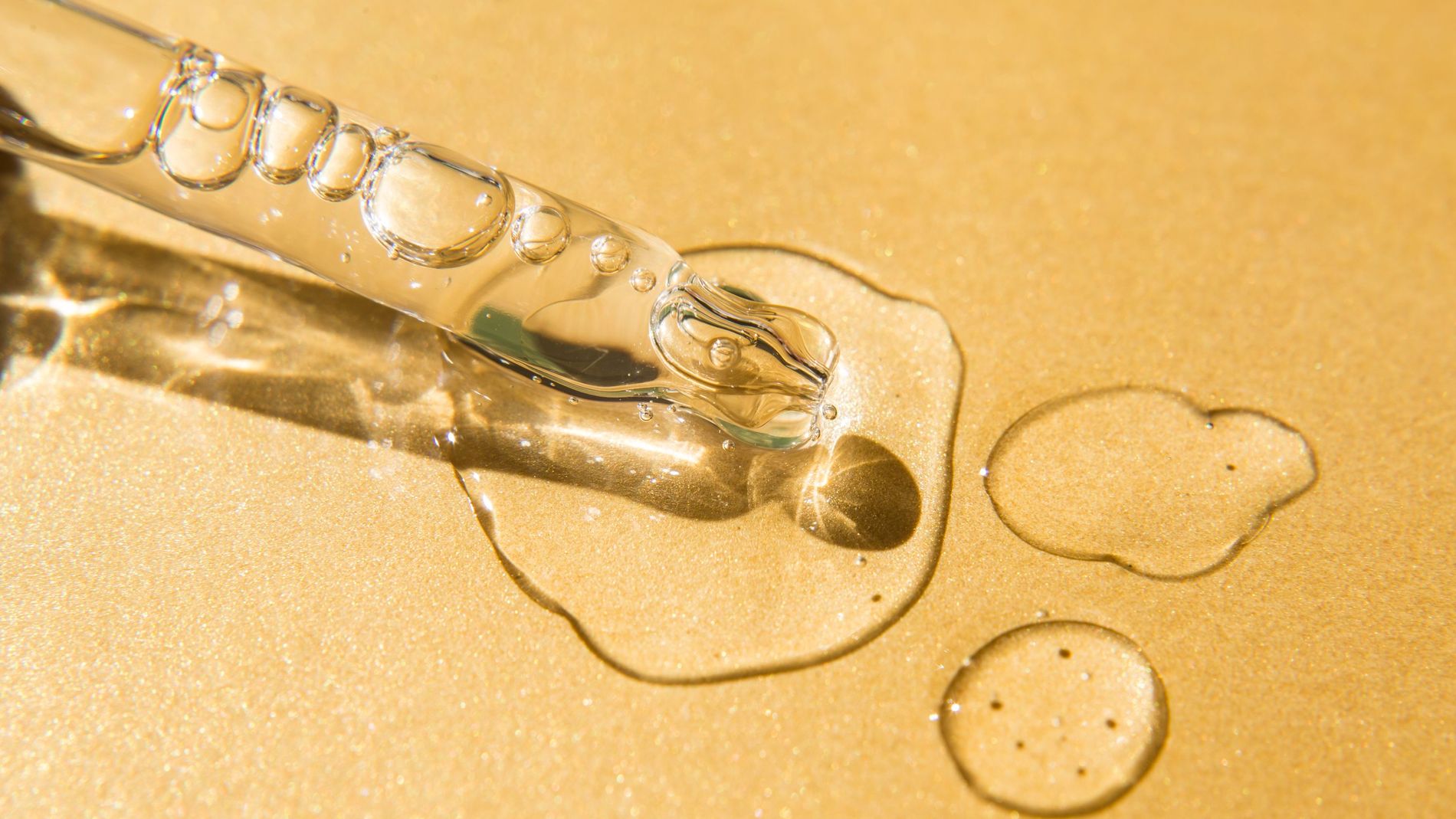
Photo: Getty
You are combining retinol with too many other actives
Avoid inviting too many guests to a retinol party. Retinol doesn’t always play nicely with other skincare ingredients. “It is usually advisable to avoid combining benzoyl peroxide, and all acids including salicylic and glycolic acids with retinol as they can increase the risk of reactions,” says Dr Mansouri.
She also warns against using vitamin C and retinol together. Both ingredients essentially tackle the same thing – wrinkles and an uneven skin tone – but layering them on top of each other increases skin irritation. Apply vitamin C, which is a potent antioxidant that fends against pollution, in the morning and retinol at night.
You are not hydrating your skin enough
“A good moisturiser can help reduce the redness and peeling associated with retinol,” says Dr Kjellman. “Look for good lipids such as squalane and ceramides, alongside hydrating molecules such as glycerin, hyaluronic acid." A good option is Woods Copenhagen Intense Hyaluronic Mask. "Better still choose a product with N-Acetyl Glucosamine, which is a more effective part of the hyaluronic acid molecule” and can be found in Paula's Choice 10% Niacinamide Booster.
Calming ingredients such as bisabolol and oat, should also factor in your skincare routine, Dr Kjellman notes, as they act like a buffer to any potential irritation.
Caia Cosmetics Oil Control Day Cream is laced with anti-inflammatory bisabolol. Nóttnuit Fend Rich Face Cream uses avena sativa (oat) kernel, which contains a powerful complex of skin-identical lipids to repair while Lumene Hydra Lahde Moisturising Prebiotic Oil-Cocktail uses prebiotic xylitol made from oat hulls to support the skin's protective barrier.
You are not using retinol consistently
Applying retinol and other retinoids haphazardly is a key reason skin suffers from painful redness and peeling. Of course, the easy option is to take a break as soon as the first signs of skin shedding become apparent. But Dr Mansouri warns against dipping in and out of retinol if you want to build up a tolerance to it and reap its full effects.
“Retinol use is a marathon where it very slowly regenerates new skin cells over a matter of months," she explains. "I usually recommend my patients use retinol consistently at least two to four times per week for six months before expecting to see any significant visible improvement.
"If you break your routine you will struggle to acclimatise to the initial adjustment period, which usually consists of mild retinol reactions for approximately four weeks," she continues. "You will also likely need to start at square one again by reducing the frequency and strength of your retinol product in order to get used to using it again.”
You are not using an SPF
You should be wearing sunscreen every day already, but you will definitely want to remedy this oversight when using retinol. “The outermost skin layer, the stratum corneum, helps to protect our skin from UV radiation," Dr Kjellman notes. "When you use retinol this layer gets thinner due to its peeling effects, so we need to be extra careful and always use SPF to reduce the risk of sunburn and sun damage."
You are using retinol in the morning
For the same reason that you need to wear SPF by day, you should only apply retinol at night. This is when your skin goes into repair mode so you'll be reaping added benefits, too. Cell renewal is eight times faster at night than in the middle of the day, so the retinol product you apply will make more of a transformative difference to your skin. The Cinderella-like results the following morning are undeniably effective.
